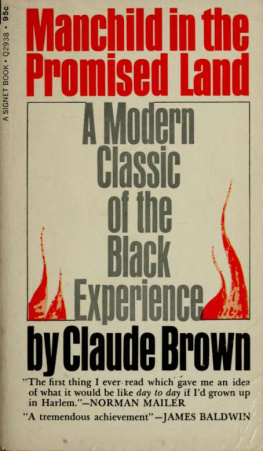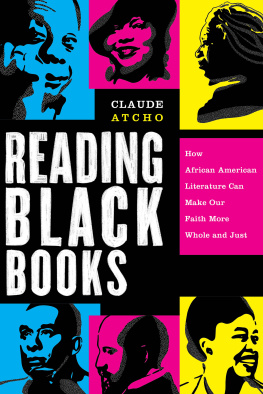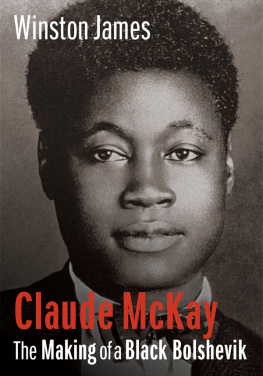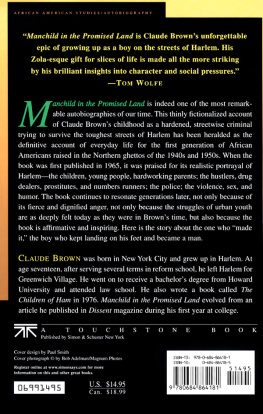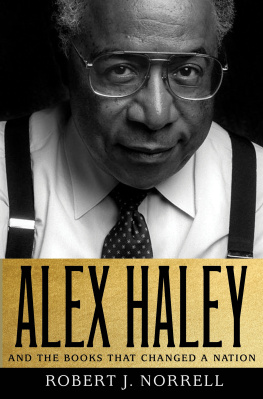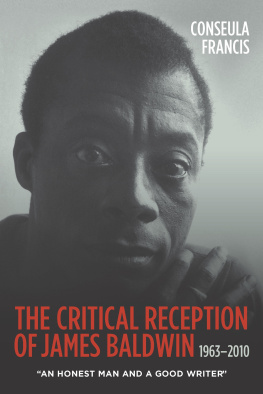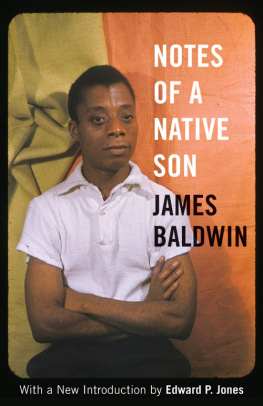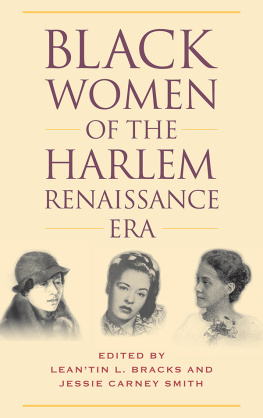This book made available by the Internet Archive.
All the names in this book^with the exception of public figures, judges, staff members at the Wilt-wyck School for Boys, Mr. Alfred A. Cohen, the Reverend William M. James, Mr. Louis Howard, and the authorare entirely fictitious, and any resemblance to the names of living persons is wholly coincidentaL
Foreword
I WANT to talk about the first Northern urban generation of Negroes. I want to talk about the experiences of a misplaced generation, of a misplaced people in an extremely complex, confused society. This is a story of their searching, their dreams, their sorrows, their small and futile rebelhons, and their endless battle to establish their own place in America's greatest metropolisand in America itself.
The characters are sons and daughters of former Southern sharecroppers. These were the poorest people of the South, who poured into New York City during the decade following the Great Depression. These migrants were told that unlimited opportunities for prosperity existed in New York and that there was no "color problem" there. They were told that Negroes lived in houses with bathrooms, electricity, running water, and indoor toilets. To them, this was the "promised land" that Mammy had been singing about in the cotton fields for many years.
Going to New York was good-bye to the cotton fields, goodbye to "Massa Charhe," good-bye to the chain gang, and, most of all, good-bye to those sunup-to-sundown working hours. One no longer had to wait to get to heaven to lay his burden down; burdens could be laid down in New York.
So, they came, from all parts of the South, like aU the black chillun o' God following the sound of Gabriel's horn on that long-overdue Judgment Day. The Georgians came as soon as they were able to pick train fare off the peach trees. They came from South Carolina where the cotton stalks were bare. The North Carolinians came with tobacco tar beneath their fingernails.
They felt as the Pilgrims must have felt when they were coming to America. But these descendants of Ham must have been twice as happy as the Pilgrims, because they had been catching twice the hell. Even while planning tfie'trip, they sang spirituals as "Jesus Take My Hand" and "I'm On My Way" and chanted, "Hallelujah, I'm on my way to the promised land!"
It seems that Cousin Willie, in his lying haste, had neglected to tell the folks do\^n home about one of the most important aspects of the promiSed land: it was a slum ghetto. There was a tremendous difference in the way life was lived up North. There were too many people full of hate and bitterness crowded into a dirty, stinky, uncared-for closet-size section of a great city.
Before the soreness of the cotton fields had left Mama's back, her knees were getting sore from scnibbing "Goldberg's" floor. Nevertheless, she was better off; she had gone from the fire into the frying pan.
The children of these disillusioned colored pioneers inherited the total lot of their parents^the disappointments, the anger. To add to their misery, they had little hope of deliverance. For where does one run to when he's already in the promised land?
vm
"Run!"
Where?
Oh, hell! Let's get out of here!
"Turk! Turk! I'm shot!"
I could hear Turk's voice calling from a far distance, telling me not to go into the fish-and-chips joint. I heard, but I didn't understand. The only thing I knew was that I was going to die.
I ran. There was a bullet in me trying to take my life, all thirteen years of it.
I climbed up on the bar yelling, "Walsh, I'm shot. I'm shot." I could feel the blood running down my leg. Walsh, the fellow who operated the fish-and-chips joint, pushed me off the bar and onto the floor. I couldn't move now, but I was still completely conscious.
Walsh was saying, "Git outta here, kid. I ain't got no time to play."
A woman was screaming, mumbling something about the Lord, and saying, "Somebody done shot that poor child."
Mama ran in. She jumped up and down, screaming like a crazy woman. I began to think about dying. The worst part of dying was thinking about the things and the people that I'd never see again. As I lay there trying to imagine what being dead was like, the poUceman who had been trying to control Mama gave up and bent over me. He asked \Vh'o had shot me. Before I could answer, he was asking me if I could hear him. 1 told him that I didn't know who had shot me and would he please tell Mama to stop jumping up and down. Every time Mama came down on that shabby floor, the bullet lodged in my stomach felt like a hot poker.
Another pCrticeman had come in and was struggling to keep the crowd outside. 1 could see Turk in the front of the crowd. Before the cops came, he asked me if I was going to tell them that he was with me. I never answered. I looked at him and wondered if he saw who shot me. Then his question began to ring in my head: "Sonny, you gonna tell 'em I was with you?" I was bleeding on a dirty floor in a fish-and-chips joint, and Turk was standing there in the doorway hoping that I would die before I could tell the cops that he was with me. Not once did Turk ask me how I felt.
Hell, yeah, I thought, I'm gonna tell 'em.
It seemed like hours had passed before the ambulance finally arrived. Mama wanted to go to the hospital with me, but the ambulance attendant said she was too excited. On the way to Harlem Hospital, the cop who was riding with us asked Dad what he had to say. His answer was typical: "I told him about hanging out with those bad-ass boys." The cop was a little surprised. This must be a rookie, I thought.
The next day, Mama was at my bedside telling me that she had prayed and the Lord had told her that I was going to live. Mama said that many of my friends wanted to donate some blood for me, but the hospital would not accept it from narcotics users.
This was one of the worst situations I had ever been in. There was a tube in my nose that went all the way to the pit of my stomach. I was being fed intravenously, and there was a drain in my side. Everybody came to visit me, mainly out of curiosity. The girls were all anxious to know where I had gotten shot. They had heard all kinds of tales about where the bullet struck. The bolder ones wouldn't even bother to ask: they just snatched the cover off me and looked for themselves. In a few days, the word got around that I was in one piece.
On my fourth day in the hospital, I was awakened by a male nurse at about 3 a.m. When he said hello in a very lady-ish voice, I thought that he had come to the wrong bed by mistake. After identifying himself, he told me that he had helped Dr. Freeman save my life. The next thing he said, which I didn't understand, had something to do with the hours he had put in working that day. He went on mumbling something about how tired he was and ended up asking me to rub his back. I had already told him that I was grateful to him for helping the doctor save my life. While I

